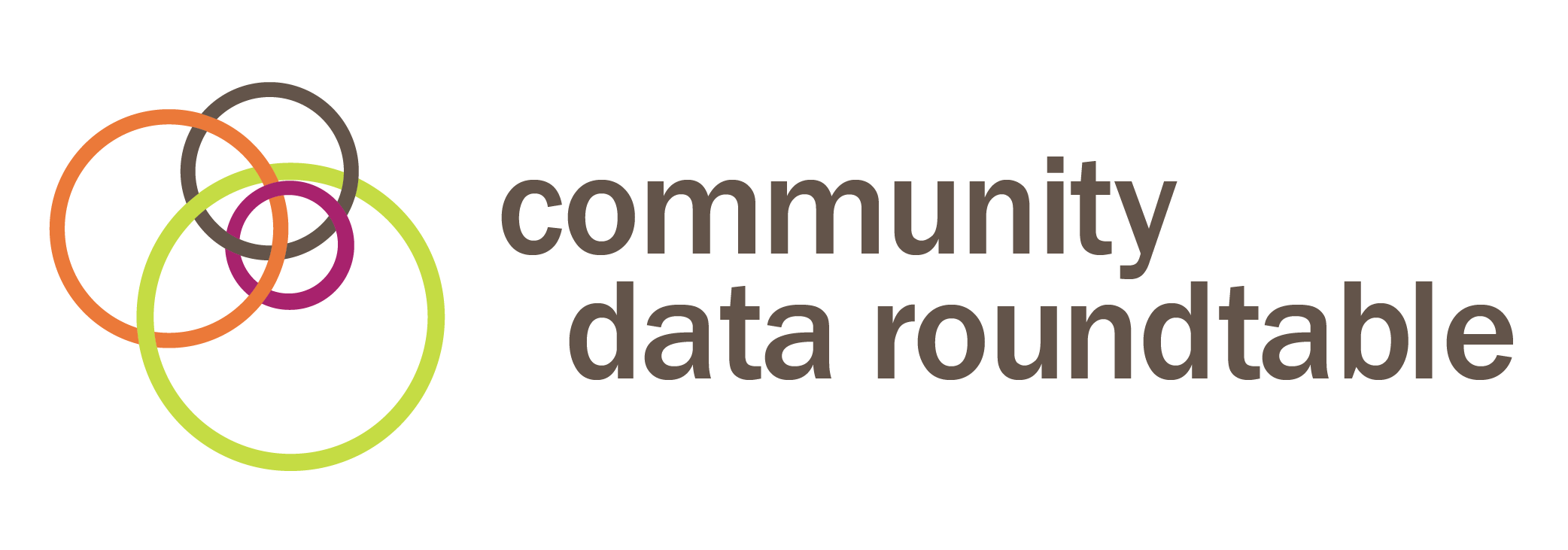Outcomes tracking, decision support, and collaborative treatment matter – and schools are about to learn!
Over the last few years we have witnessed an incredible expansion of mental health services and resources offered to children through school systems. From Pennsylvania’s recent [$100 million] TARP funding investment to California’s initiative, a large amount of public funds are being invested in school mental health services.
The investment in mental health services for our public education system is incredibly beneficial. Over 90% of American children attend public schools, which provides excellent opportunities to identify and serve children in need. School is often a place children trust to be safe, and it is a place staffed with concerned adults who are trained to recognize external signs of mental illness. As such, it’s a good place to have mental health supports for everyone with slight behavioral struggles, or perhaps more clinical needs.
The US public education system also offers efficiencies beyond the capacity of traditional child mental health care. The Medicaid mental health system is arduous and difficult to navigate for many children and families. Schools are often unencumbered by obstacles such as insurance enrollment, demonstrating medical necessity for service, byzantine paperwork, and other such bureaucracy associated with the Medicaid system. However, some states, like California are actually providing mechanisms for schools to bill insurance! Through schools, children may access necessary care faster, more easily, and with fewer administrative hurdles.
On the other hand, inflating school mental health resources invites unique challenges. One of the most obvious is that schools must understand and measure service impact like all mental health professionals have historically. This situation brings many questions to mind. For example:what if any mechanisms are in place to track changes in children’s mental health from services rendered? What will the millions of dollars be spent on? Are schools prepared to triage cases of different severity to different levels of care? Do they know who can be treated by a school counselor, and who should be referred to the community? Is there a system of focusing treatment when children may be touched by multiple systems (Child Protective Services, Juvenile Justice, etc.) simultaneously? How will schools determine which internal (and external) mental health programs are working well and which are not?
It is my professional hope that our nation’s public schools can learn from a 50 year legacy of work done to develop our systems of mental healthcare.. In particular, schools should consider the Child and Adolescent Needs and Strengths (CANS) assessment as a critical tool for their emerging mental health programs. The CANS is primarily utilized to assess any child for whom the school has mental health concerns. Adopting CANS in schools would allow a thorough upfront assessment of need, and promote a strengths-based and collaborative approach to care. Based on that assessment, teams of school staff would receive decision support to help guide the child and family to appropriate care (both school funded, or for those with higher needs referral to community based mental health services). This process should be repeated on a regular basis to track clinical outcomes, and provide insight on the mental health services schools provide.
Investing in our children’s mental health necessitates strategy. The CANS offers a way to ensure children are appropriately evaluated, and that treatment plans are developed for each child’s unique needs and strengths. Periodic use of the CANS tool ensures the schools treatment teams are aligned and focused, while providing school planners with insight on system wide outcomes. We must lay the foundation for school mental healthcare now as it begins. Using CANS, improves clinical quality. Thus CANS are exactly what schools need to support the education and well being of our children.
*A special thank you to Lauren Fein, LMFT, for your review and expert commentary on this piece.

